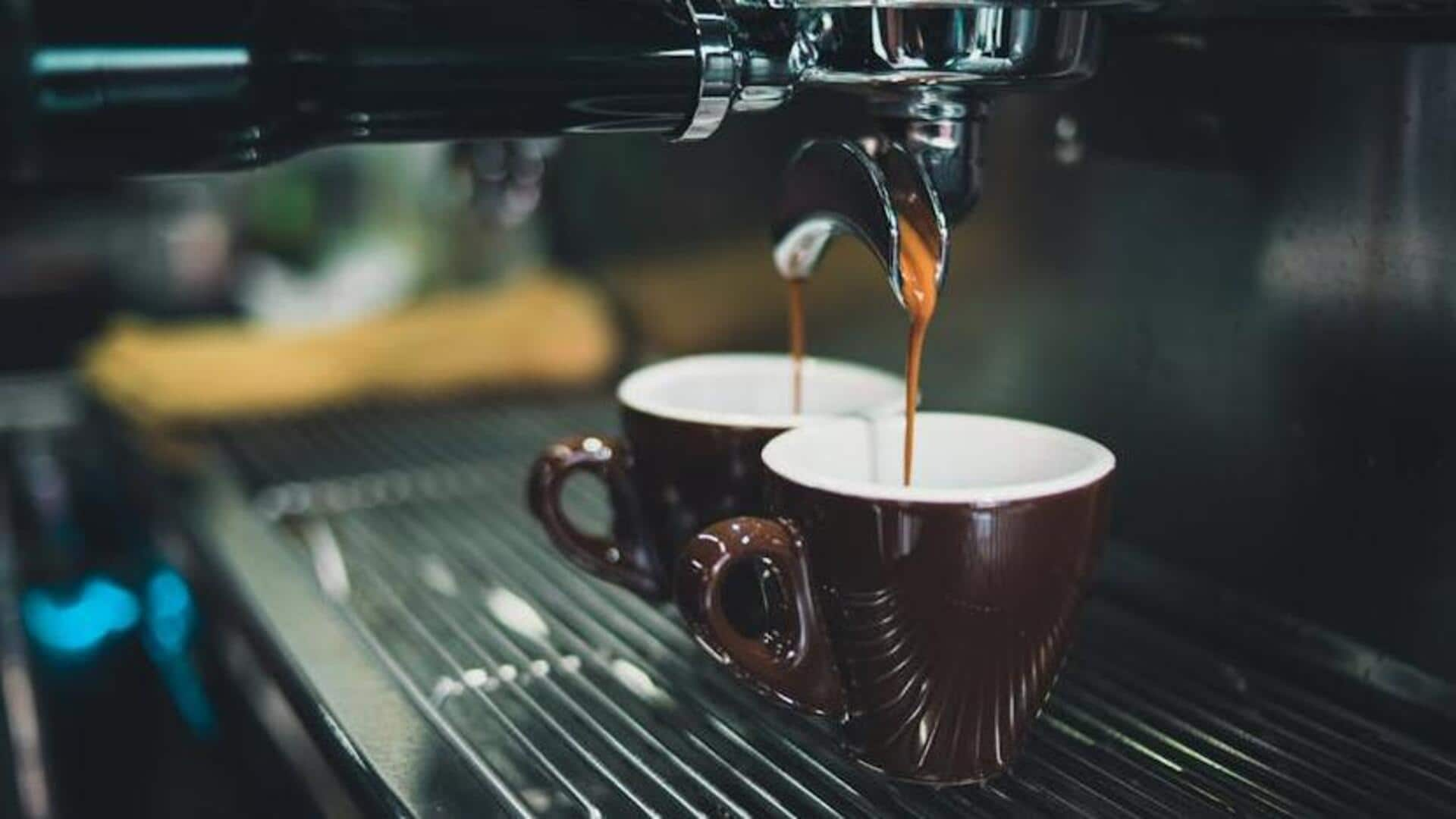
Unveiling the truth about caffeine and hydration
What's the story
Most of us can't imagine starting our day without a jolt of caffeine, but there's a lot of confusion and misinformation out there, particularly when it comes to its impact on hydration. This article aims to bust those myths with cold, hard facts (or hot and steamy, if you prefer your coffee that way!). Discover the truth about how that cup of joe or tea affects your body's hydration levels.
Myth 1
Caffeine causes dehydration: A common misconception
The notion that drinking caffeinated beverages causes dehydration is a common misconception. Scientific research indicates that although caffeine does possess a mild diuretic effect (i.e., it can stimulate the need to urinate), it does not cause dehydration when consumed in moderate amounts. Additionally, habitual coffee drinkers build up a tolerance to this diuretic effect, further reducing any potential dehydration risk.
Myth 2
Drinking coffee equals losing more fluids
One myth claims that for every cup of coffee you consume, you lose more fluids than you ingest. This is simply not true. Studies show that caffeinated drinks, including coffee, contribute to your daily fluid intake just like water, provided they are consumed in moderation. Your body absorbs and holds onto most of the water from your cup of joe, helping you stay hydrated.
Myth 3
Only water counts towards hydration
The idea that only water hydrates and other drinks don't count is a myth. Believe it or not, tea and coffee also count toward your daily fluid intake. The key is moderation. Caffeine doesn't dehydrate you if you drink it responsibly. Knowing this, we can enjoy our favorite caffeinated drinks without worrying about hurting our hydration.